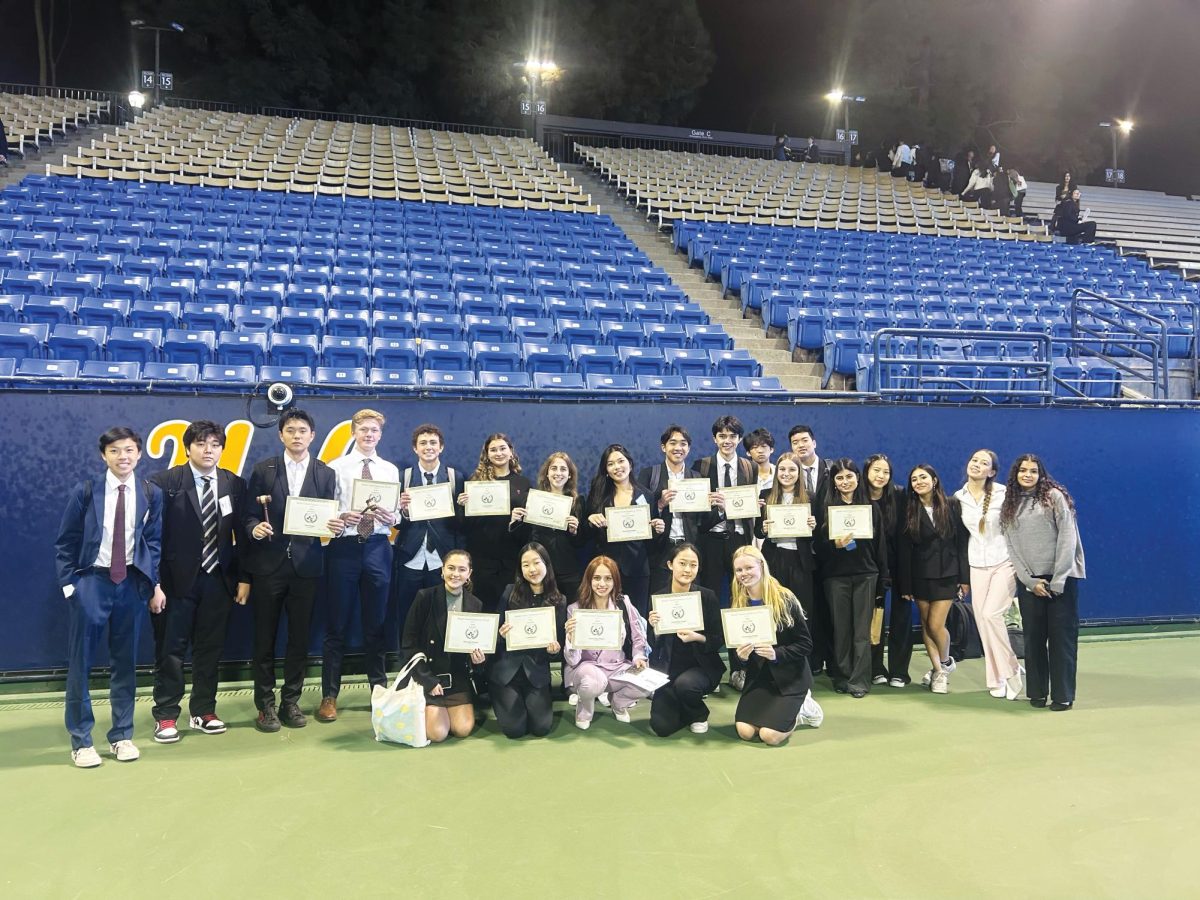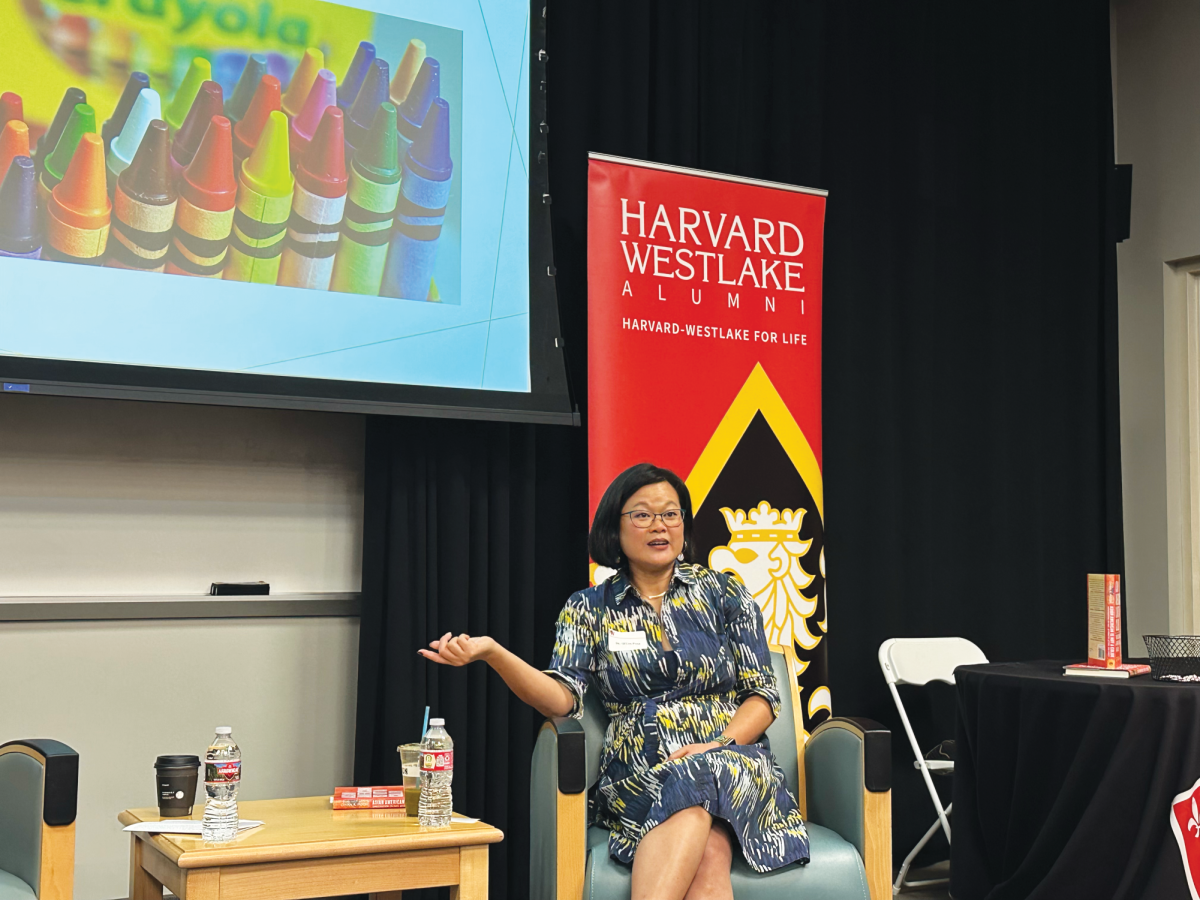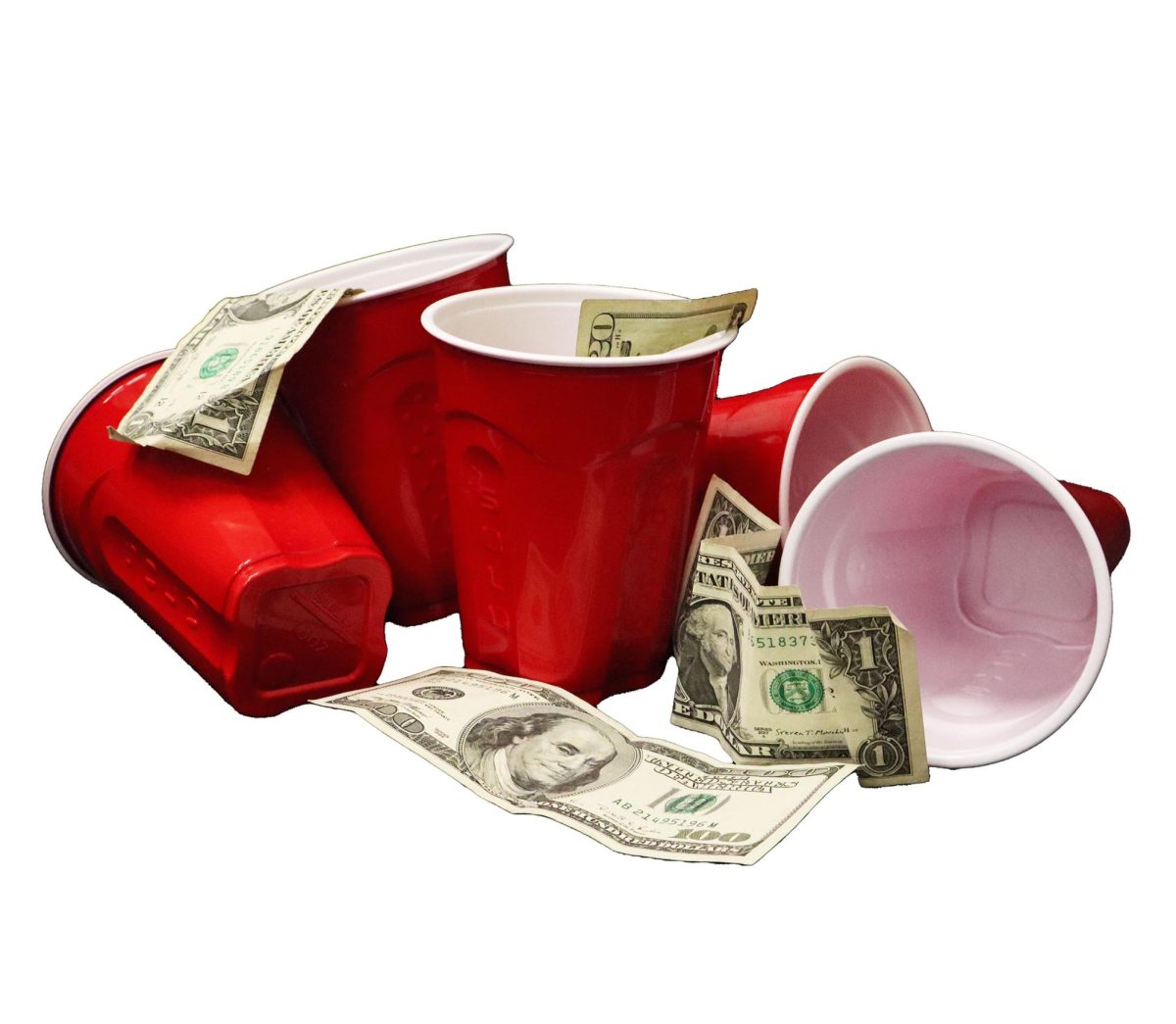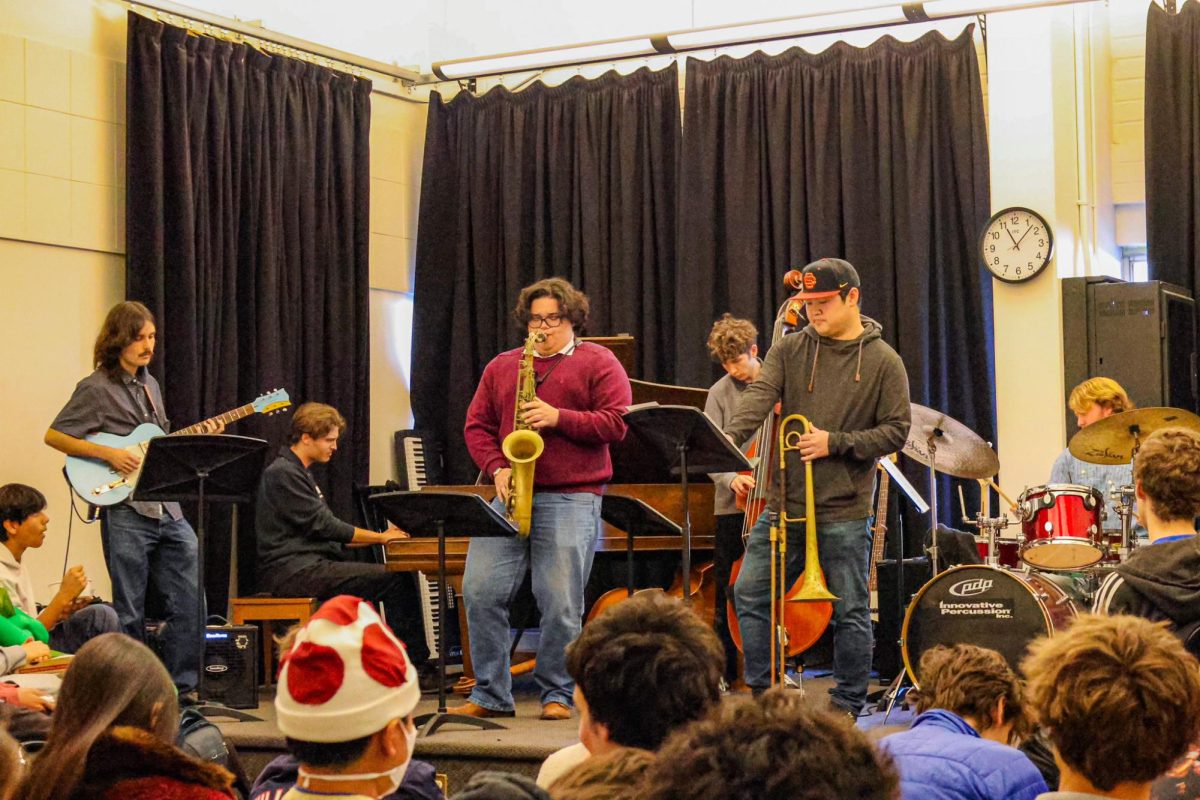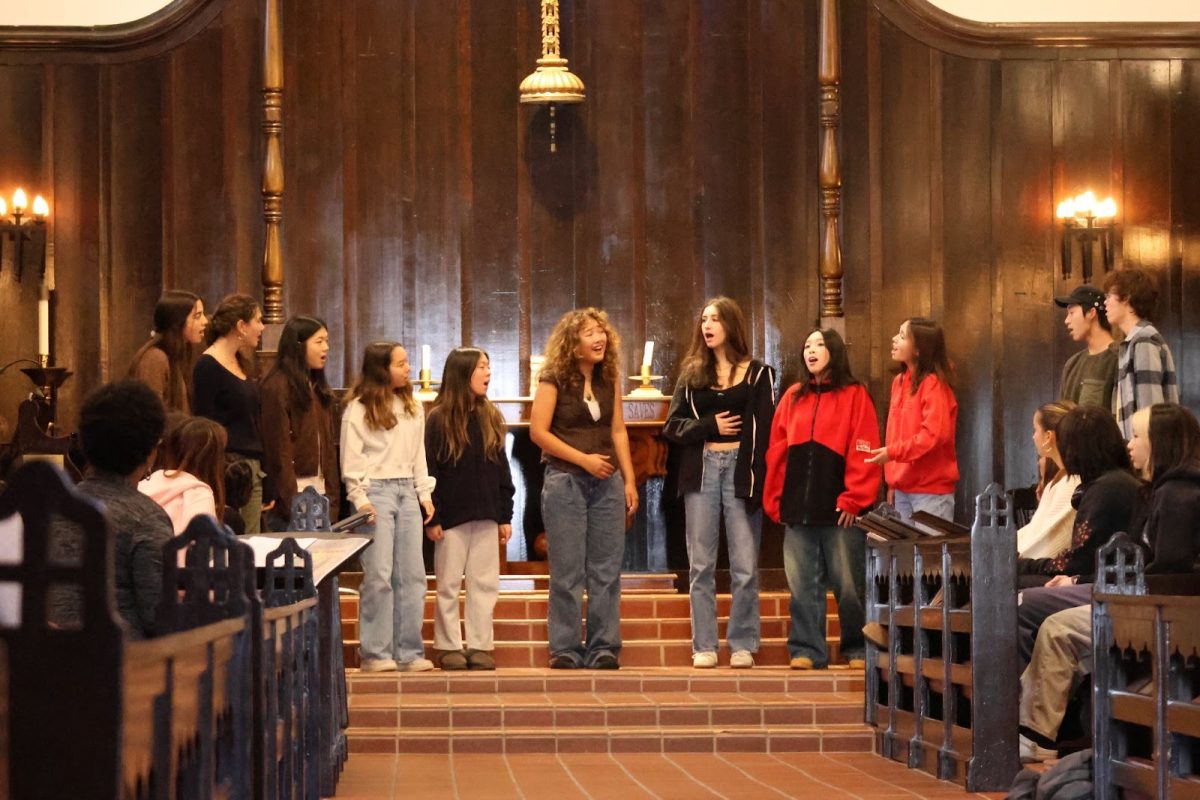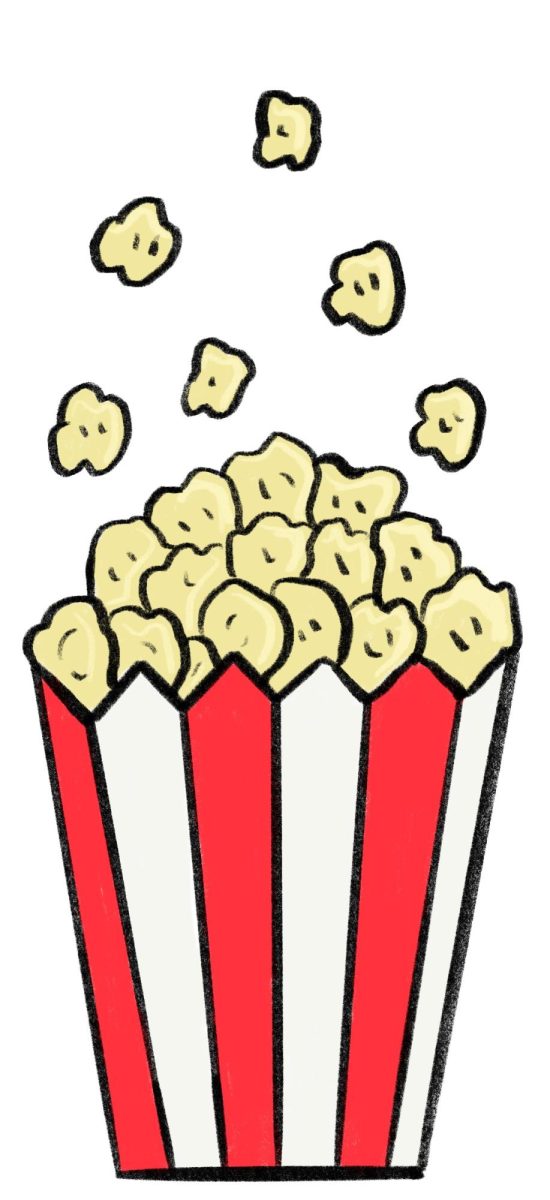Sean Kiley ’14 spends his weekends dueling with dragons, mermaids and demons. His allies vary from cupcake princesses to phantom lupine helicopters, and he suffers immense damage but never gives up.
A competitive Yu-Gi-Oh! player, Kiley qualified for the North American World Championship Qualifier July 12-14 at Navy Pier in Chicago. If he places high enough, he will automatically qualify for the World Championship in Las Vegas August 10-11.
“My goal for nationals this summer would definitely be to make the top eight, and make it to the World Championship this year in Las Vegas,” he said.
Kiley played the Japanese card game as a child because he loved the Yu-Gi-Oh! television show.
When he moved to California from New York in eighth grade, he found a box of Yu-Gi-Oh! cards and wanted to start playing again.
He is currently a major player in the Los Angeles Yu-Gi-Oh! scene.
“I’ve stuck with Yu-Gi-Oh! probably because I see myself as one of the better players in the LA region,” Kiley said.
Each player maintains his or her own 40-card deck to use in competitions. Kiley’s current deck has taken him about a year to build.
“I really like the strategy aspect of Yu-Gi-Oh!, since a competent player can play around almost any card their opponent might threaten them with,” Kiley said.
He also uses business techniques to trade for better cards and increase the power of his deck.
“Since some people don’t actually know how much their cards are worth, they would trade their more expensive cards for my less expensive ones, which I could then sell to make enough money to buy the more expensive cards I needed for my deck,” Kiley said.
Kiley’s favorite card is Hero Kid, which has 300 attack points and 600 defense points. It was his favorite card when he first started playing, and although “it’s not a very good card, I still like him,” he said.
He competes at local tournaments of 20-30 people most Saturdays but had to cut back his schedule around APs. Konami, the Japanese company that owns the Yu-Gi-Oh! brand, manages only certain prestigious tournaments from the regional level through World Championships. Konami hosts regional tournaments every two to three months, and Kiley aims to place in the top cut at each one.
“In the past year and a half or so, I’ve taken my game to a new level as a competitive player, winning from 15-20 local tournaments and getting in the top 48 of a regional tournament, which makes me enjoy the game even more,” Kiley said. “I mean, who doesn’t like to win?”
At most local tournaments, all entrants play four to five rounds, after which point the top eight players join a single elimination bracket. Tournaments that only use single-elimination rules are more difficult, Kiley said, because “one lucky draw by your opponent can cost you the tournament.”
A single-elimination showdown was all that stood between Kiley and an invitation to the national championship. In a battle with an ex-pro player who won second place at nationals in 2006, Kiley faced his “most challenging moment in Yu-Gi-Oh!” at a regional tournament last December.
Both Kiley and his opponent were 7-2, so whoever lost the tenth and final round would be eliminated from the top eight, but whoever won would automatically qualify for the national championship.
“Game One began, and after his first turn I could tell I was doomed,” Kiley said. His opponent had one of the most powerful decks in the game at the time, and Kiley’s hand was completely unplayable. He knew his cards would be destroyed by his opponent, so Kiley decided to go on the defensive but his opponent won in very few turns.
To prepare for Game Two, Kiley added two cards to his deck he was sure would devastate his opponent.
“My opening hand was much better this time, including one of the cards I added to the deck for Game Two,” he said. After Kiley’s dominating move, his opponent conceded. Only Game Three was left.
“After a long drawn out Game Three, the match and my invite to Nationals came down to my last draw, and it just so happened to be the perfect one to win me the game,” Kiley said.
The national championship this summer will be the furthest Kiley has ever advanced in the competitive Yu-Gi-Oh! hierarchy. He plans to retire from the national circuit in a few years.
“Honestly I could see myself playing competitively for another year or two at most, but not long into college, if at all,” Kiley said. “Yu-Gi-Oh! is a lot of fun, but in the end, being able to sell all my cards would probably be the best use of them.”

